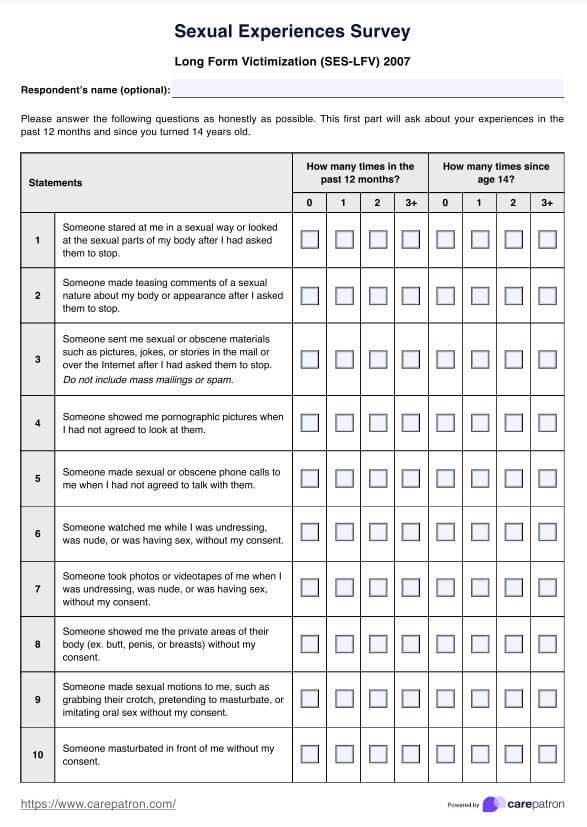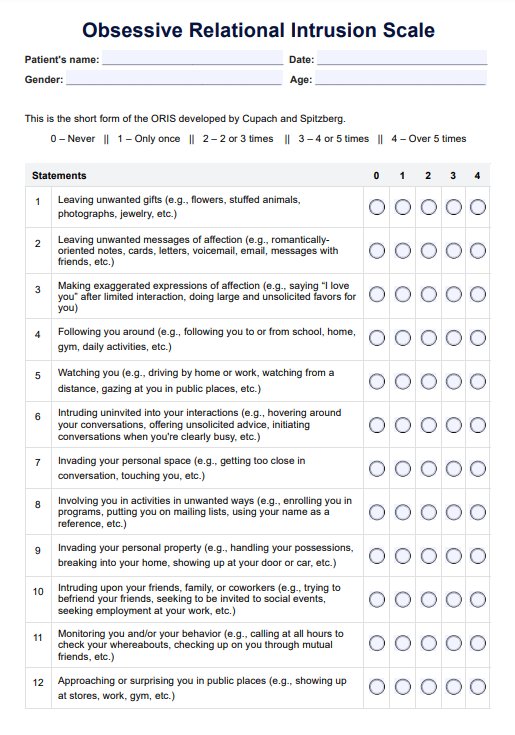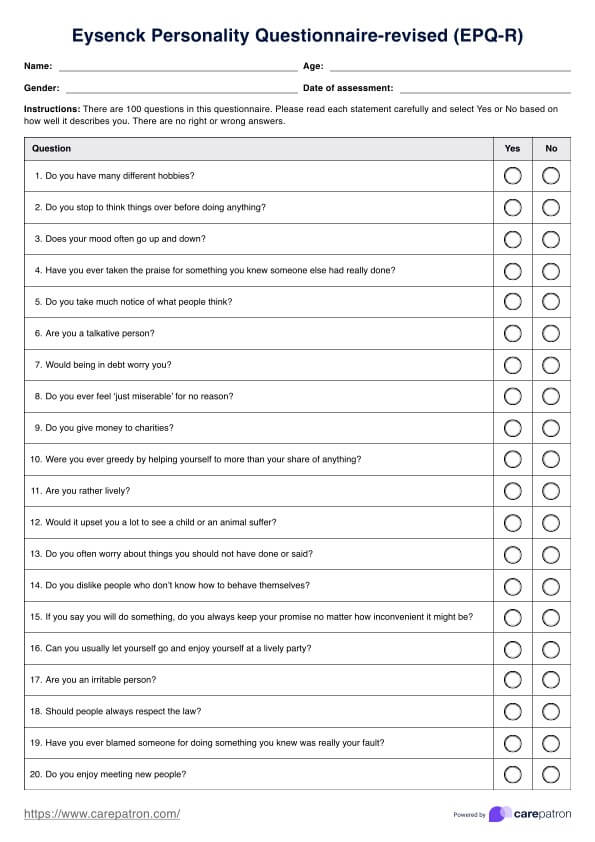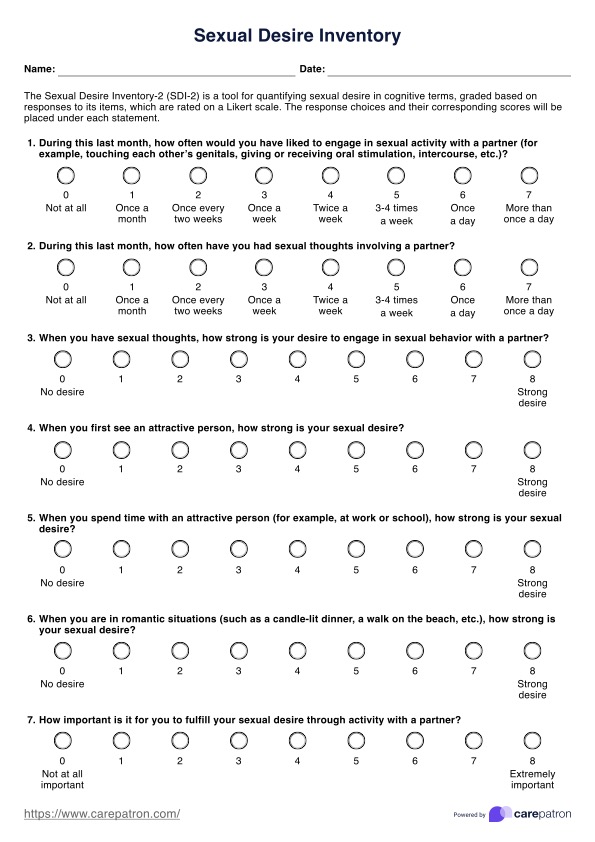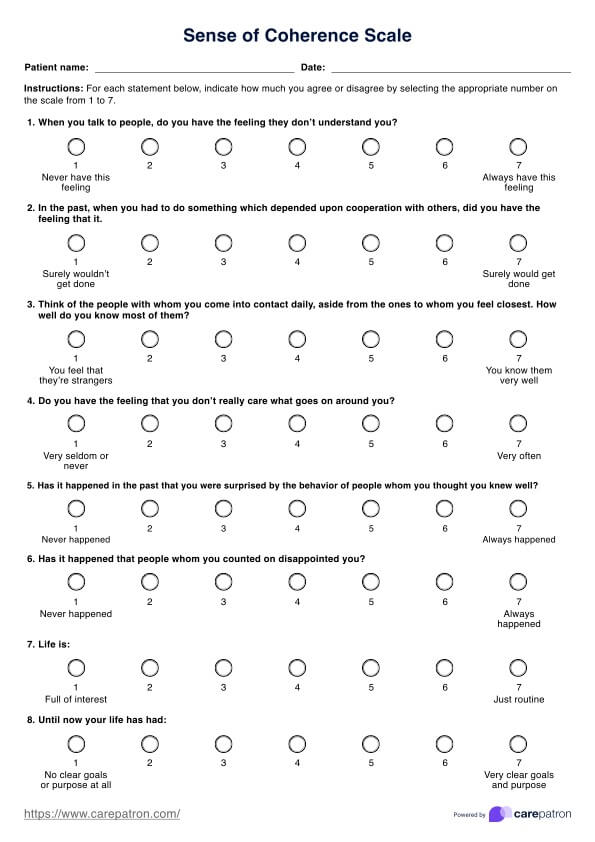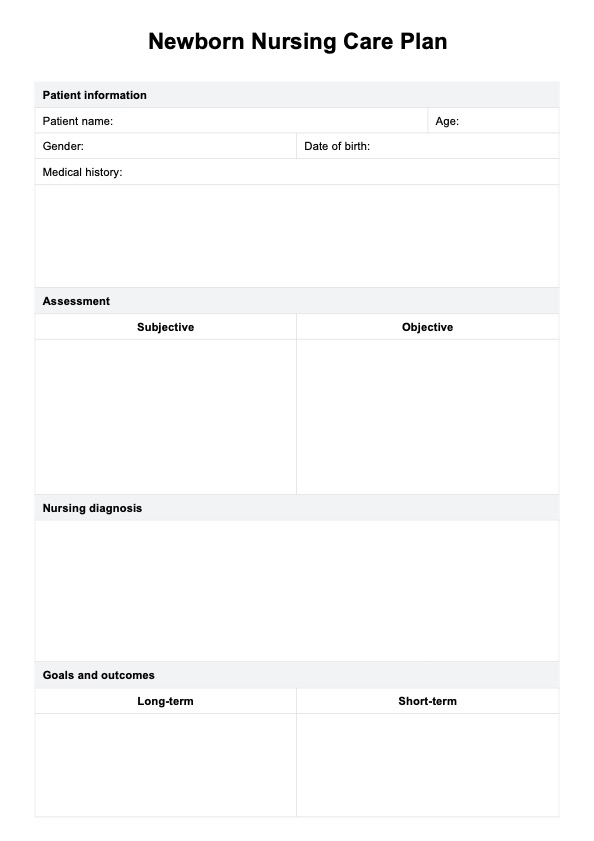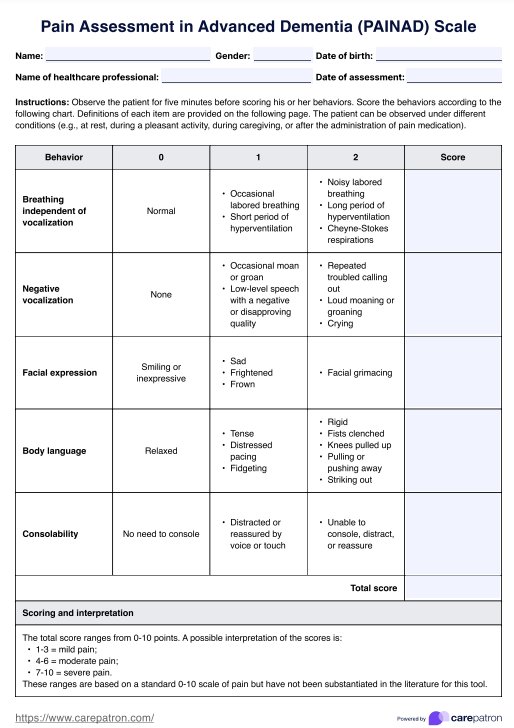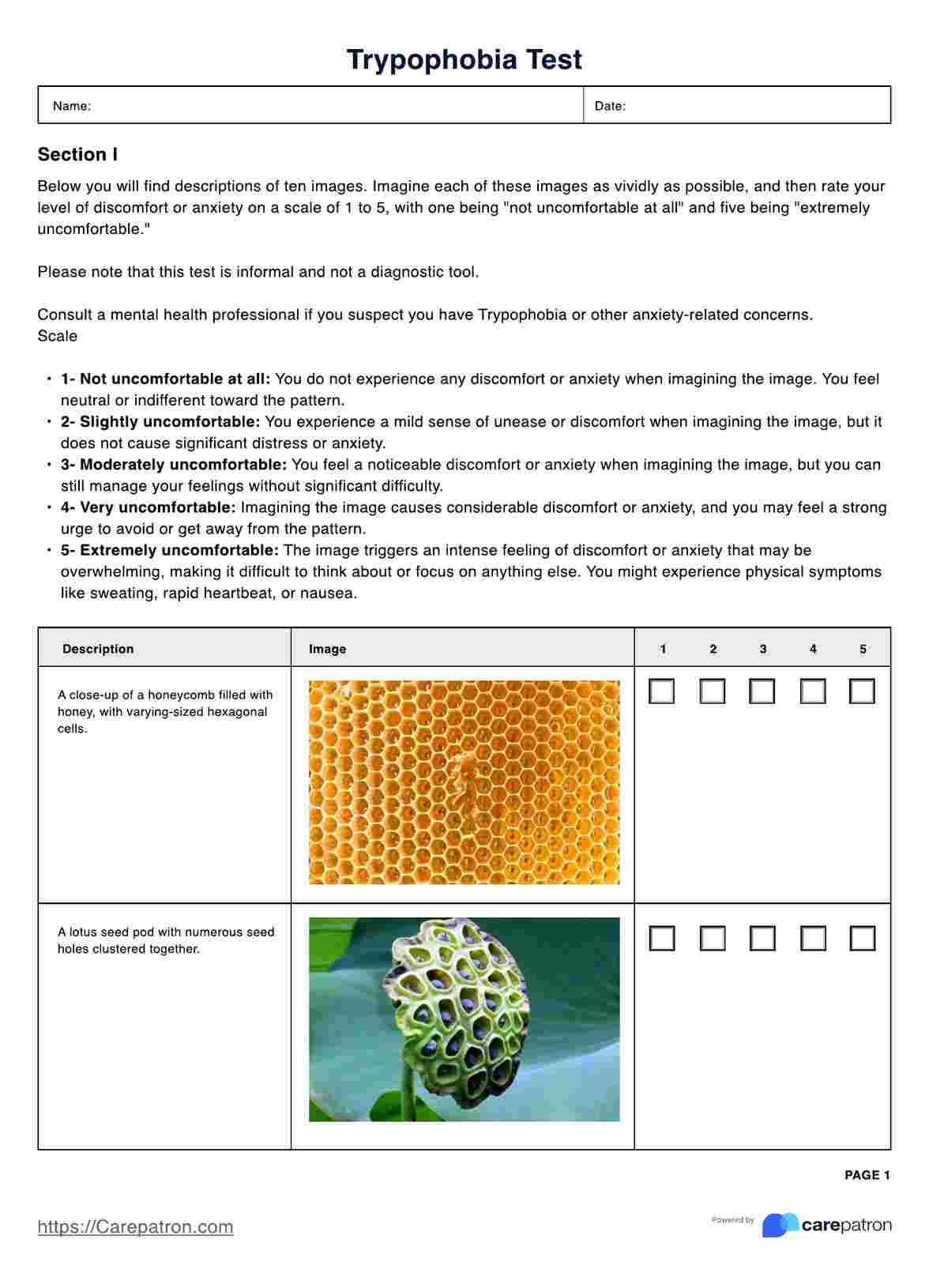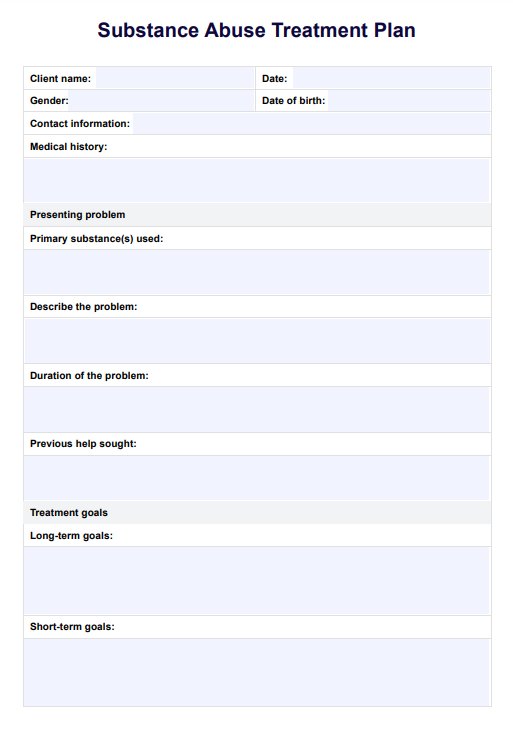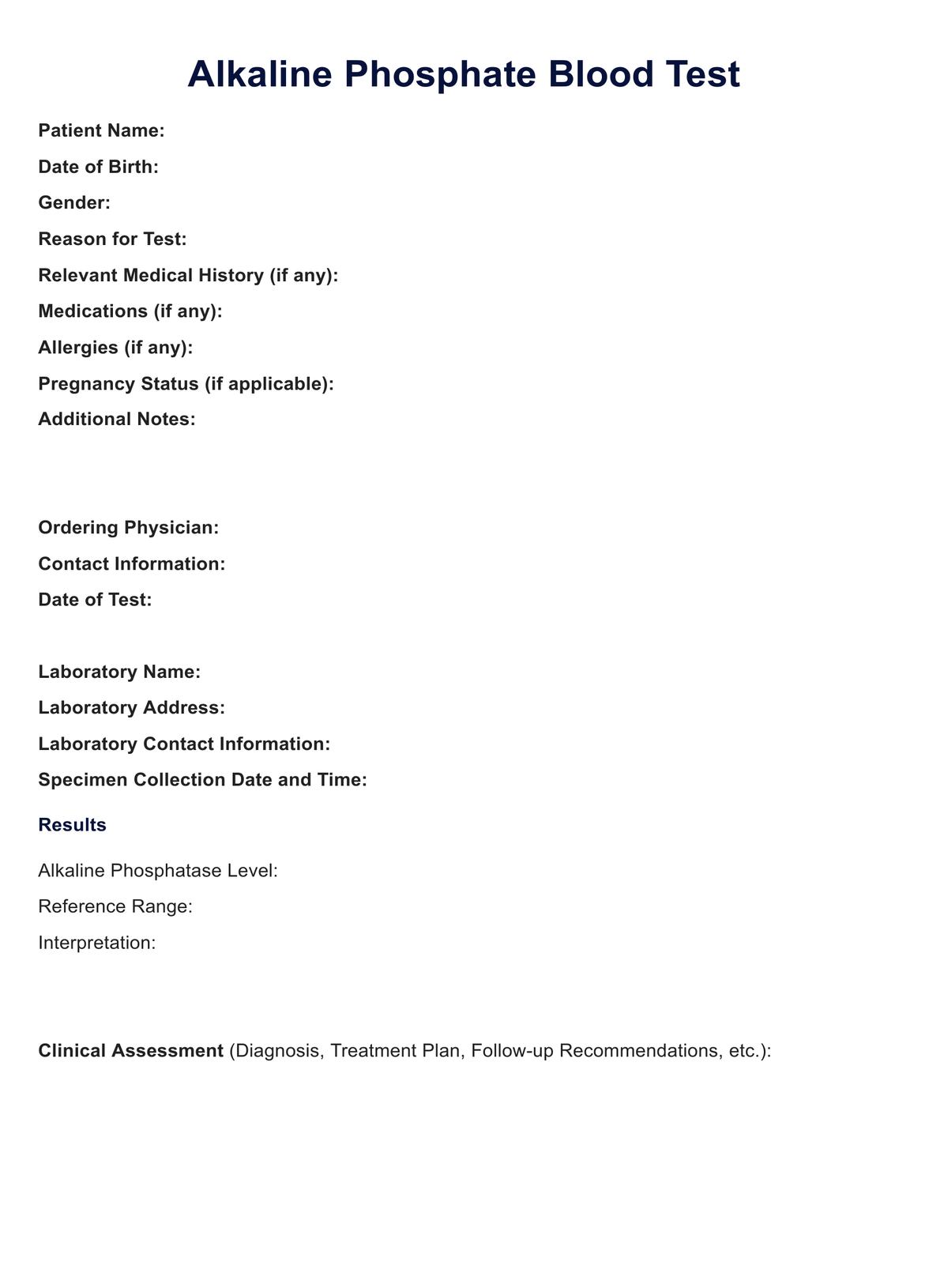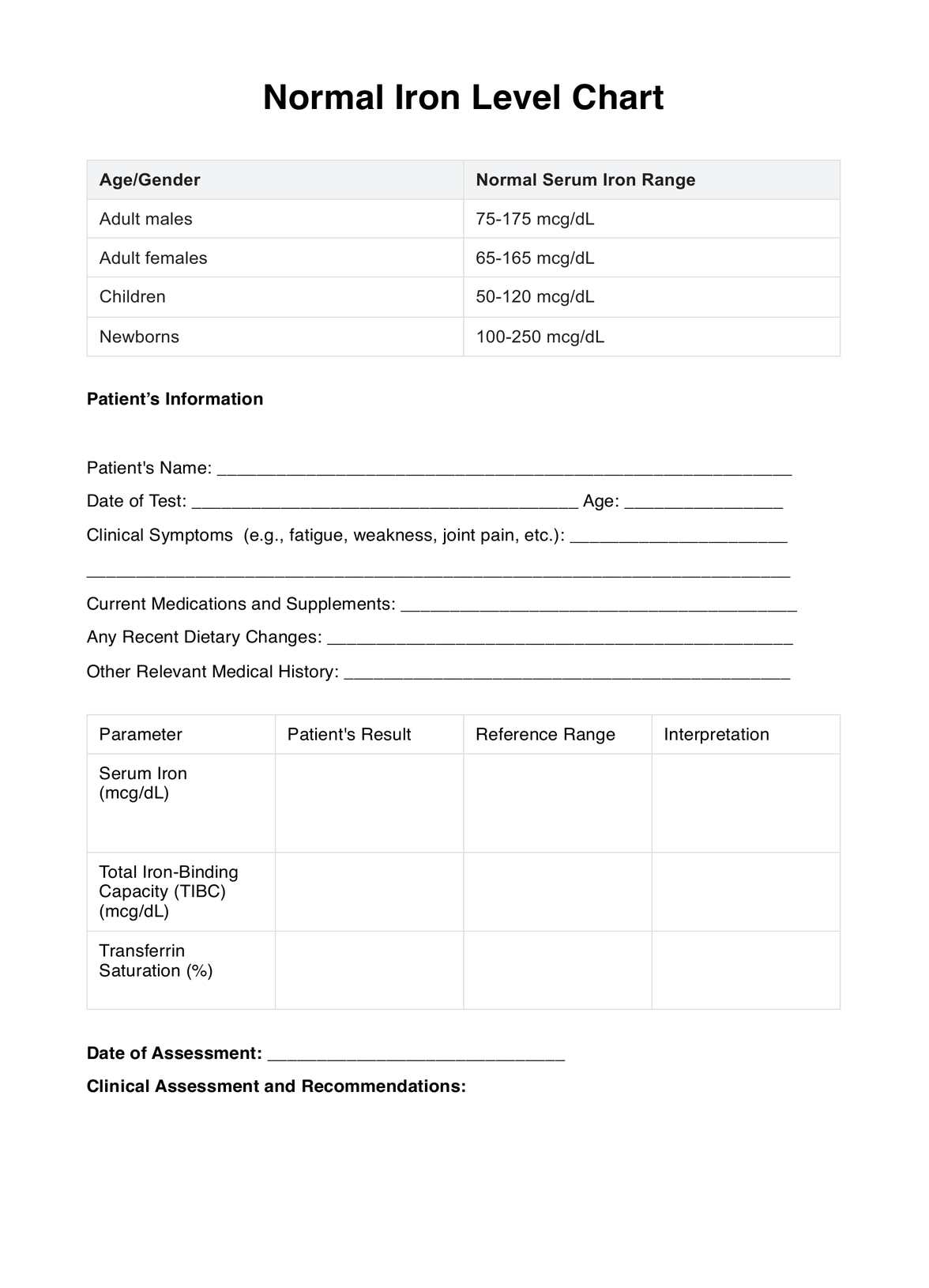Insomnia Test: Take an Online Sleep Disorder Quiz
Discover if you have insomnia with our quick insomnia test. Answer a few questions to assess your sleep patterns and get insights into your sleep health.


What you need to know about our Insomnia Quiz
An insomnia quiz is a structured set of questions to assess an individual's sleep patterns, habits, and overall sleep quality. Typically found in various online platforms or healthcare applications, an insomnia quiz aims to help individuals self-evaluate their sleep health and identify potential signs of insomnia or other sleep disorders.
The questions may cover aspects such as sleep duration, bedtime routines, frequency of disturbances during the night, and the impact of poor sleep on daily functioning. By analyzing the responses, the quiz gives users insights into their sleep patterns and may offer suggestions or recommendations for improving sleep hygiene. It serves as a convenient and accessible tool for individuals to gain a preliminary understanding of their sleep health and determine whether further evaluation or intervention may be necessary.
Insomnia Test: Take an Online Sleep Disorder Quiz Template
Insomnia Test: Take an Online Sleep Disorder Quiz Example
Signs and symptoms for Insomnia
Sleep difficulty:
- Difficulty falling asleep at night (taking 30+ minutes)
- Waking up frequently during the night
- Waking up too early and being unable to fall back asleep
- Feeling like you haven't had a good night's sleep
Daytime symptoms:
- Excessive daytime sleepiness or fatigue
- Difficulty concentrating or remembering things
- Irritability or mood swings
- Difficulty controlling emotions
- Lack of energy or motivation
- Headaches
- Muscle tension or aches
- Stomach problems
Additional signs:
- Napping frequently during the day
- Difficulty relaxing before bed
- Feeling restless or anxious in bed
- Waking up feeling tired even after having slept for a long time
What causes insomnia?
A variety of factors, both internal and external, can cause insomnia. Common internal factors include stress, anxiety, depression, and medical conditions like pain, chronic illnesses, and hormonal changes. External factors can involve your sleep environment (noise, light, temperature), sleep habits (irregular sleep schedule, caffeine intake, screen time before bed), and lifestyle habits (lack of exercise, poor diet).
Additionally, medications, substance abuse, and sleep disorders like sleep apnea can contribute to insomnia. A combination of these factors often culminates in disturbed sleep, highlighting the need for a comprehensive approach to identify and address the underlying causes.
Can you self-diagnose insomnia?
While tools like insomnia quizzes and self-assessment questionnaires can provide insights into your sleep patterns and potential issues, self-diagnosing insomnia is not equivalent to a professional diagnosis.
Insomnia is a complex sleep disorder that can have various causes, including lifestyle factors, stress, medical conditions, or psychiatric disorders. It's essential to recognize that self-assessment tools may offer indications but cannot replace a comprehensive evaluation by a healthcare professional.
Suppose you suspect you have insomnia or are experiencing persistent sleep difficulties. Consulting with a healthcare provider, such as a primary care physician or a sleep specialist, is strongly advisable. They can thoroughly assess your medical history, sleep patterns, and underlying health conditions.
Professional guidance ensures a more accurate diagnosis and appropriate treatment recommendations tailored to your situation. Insomnia, like other sleep disorders, may require a multifaceted approach that considers behavioral and medical interventions for effective management.
Review your quiz score
The insomnia assessment comprises ten questions, each contributing to a total score that can help gauge the level of concern regarding insomnia. Here's a breakdown of the scoring:
- 0-15 Points: This range indicates minimal to no concerns regarding insomnia. Your sleep patterns are generally healthy, and you may not be experiencing significant issues with sleep.
- 16-25 Points: Scores in this range suggest a potential for mild insomnia symptoms. Exploring self-help strategies, such as establishing a consistent bedtime routine and improving overall sleep hygiene, may be beneficial. Paying attention to lifestyle factors that could impact sleep may be particularly useful.
- 26-35 Points: Falling within this range indicates moderate concerns regarding insomnia. It is advisable to consider seeking professional guidance at this point. Consulting with a healthcare provider or a sleep specialist can help understand the underlying factors and develop a targeted plan for improvement.
- 36-60 Points: Scores in this range suggest significant insomnia symptoms, and there may be a need for more intensive therapy and treatment. Seeking professional help is highly recommended to thoroughly evaluate your sleep patterns and explore appropriate interventions or therapies to address the issues impacting your sleep quality.
Insomnia treatment
Cognitive-behavioral therapy for insomnia
This therapy helps individuals identify and change negative thoughts and behaviors that contribute to insomnia. It involves techniques like relaxation training, sleep restriction, and stimulus control. CBT-I is considered the first-line treatment for insomnia and has demonstrated long-term effectiveness.
Sleep and quality sleep hygiene
Implementing healthy sleep habits can significantly improve sleep quality. This includes establishing a regular sleep schedule, creating a relaxing bedtime routine, optimizing your sleep environment (darkness, cool temperature, comfortable mattress), avoiding caffeine and alcohol before bed, and limiting daytime naps.
Medication
Prescription medications like benzodiazepines and nonbenzodiazepines can provide short-term relief from insomnia symptoms. However, it's crucial to discuss the potential risks and side effects with your doctor, as most people find these medications not suitable for long-term use.
Relaxation techniques
Practices like meditation, yoga, deep breathing, and progressive muscle relaxation can promote calmness and rest and help you fall asleep more easily.
Light therapy
Exposure to bright light in the morning can help regulate your sleep-wake cycle and improve nighttime sleep quality. This is especially beneficial for individuals with delayed sleep phase syndrome.
Commonly asked questions
A sleep disorder quiz is a self-assessment tool that provides an initial indication of potential insomnia symptoms. In contrast, a sleep disorder study is a medical test that records brain waves, heart rate, breathing, and oxygen levels during sleep to diagnose sleep disorders.
Mild insomnia may resolve on its own with improved sleep hygiene and lifestyle changes, but chronic or severe insomnia often requires professional treatment from a doctor.
The time it takes for insomnia treatment to begin to work varies depending on the individual and the severity of their symptoms. Some people may see improvements with sleep medicine within a few weeks, while others with chronic insomnia may need several months of therapy.


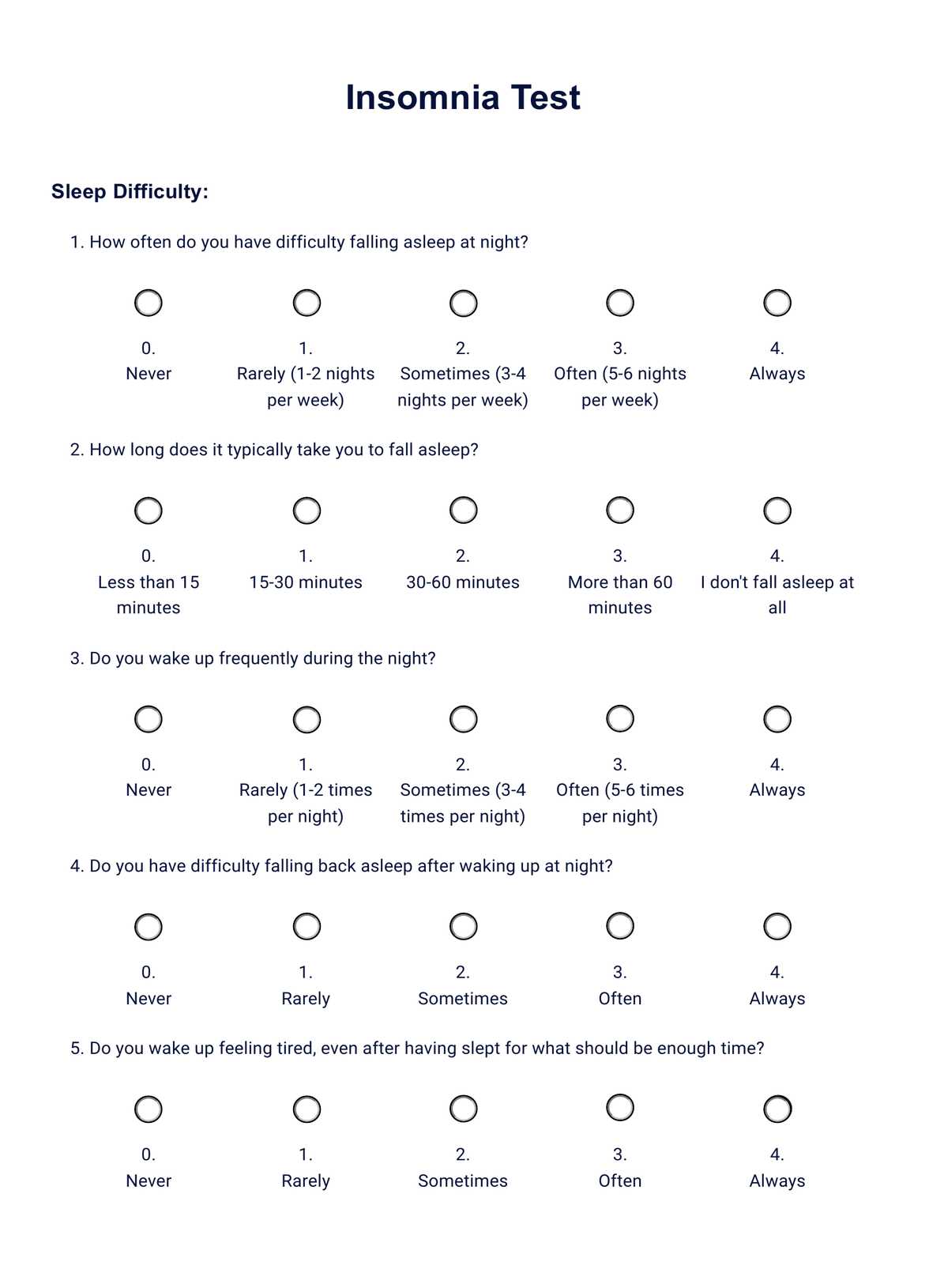
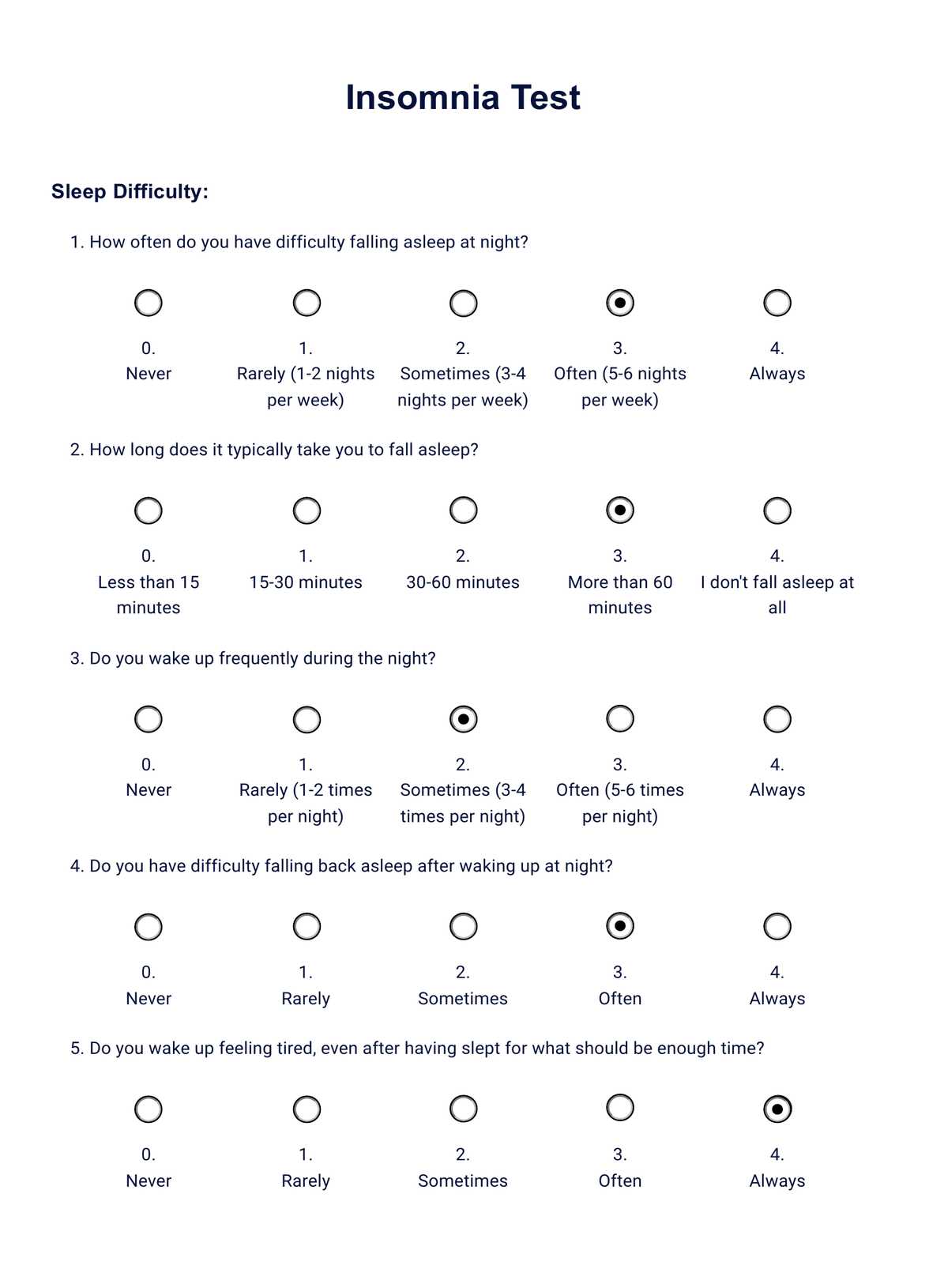

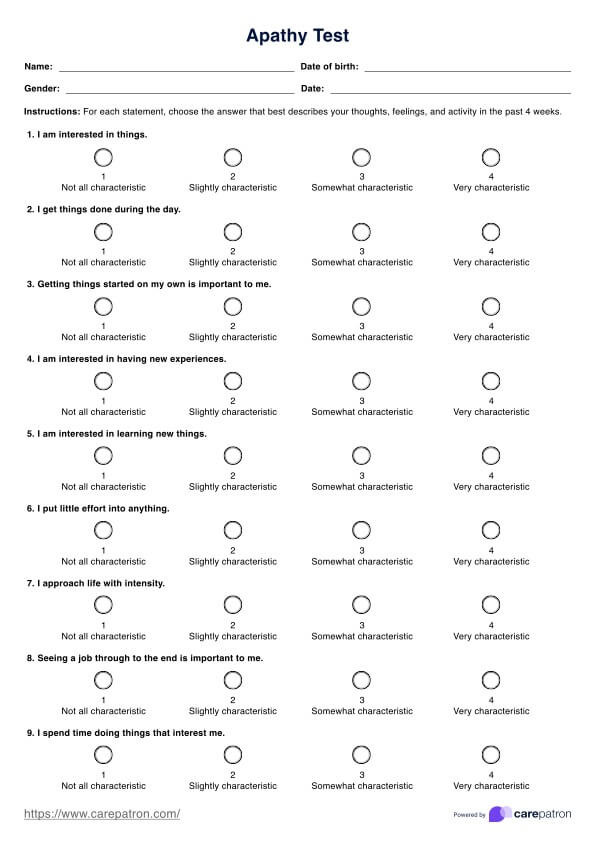
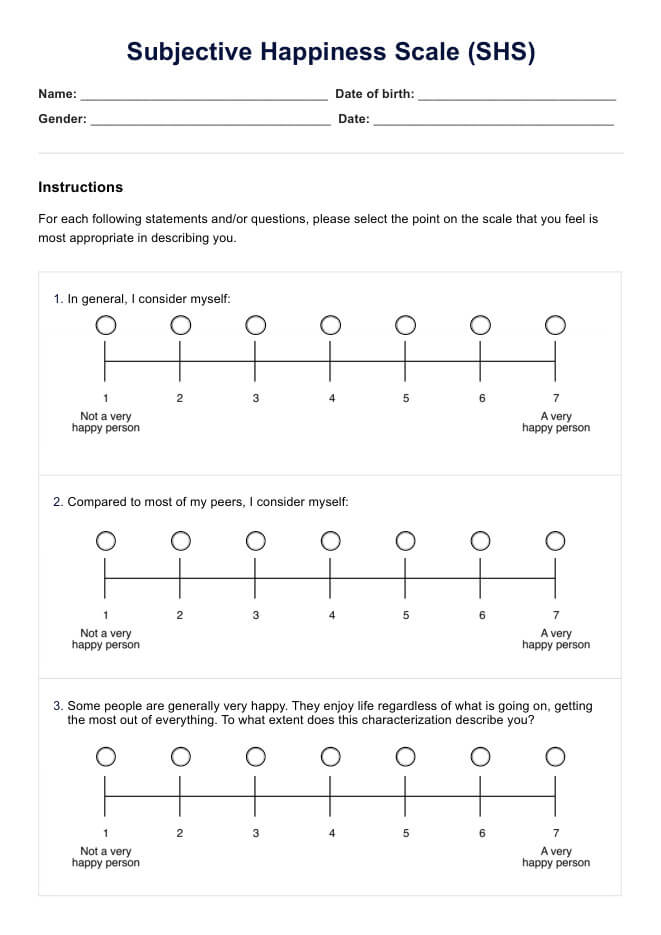
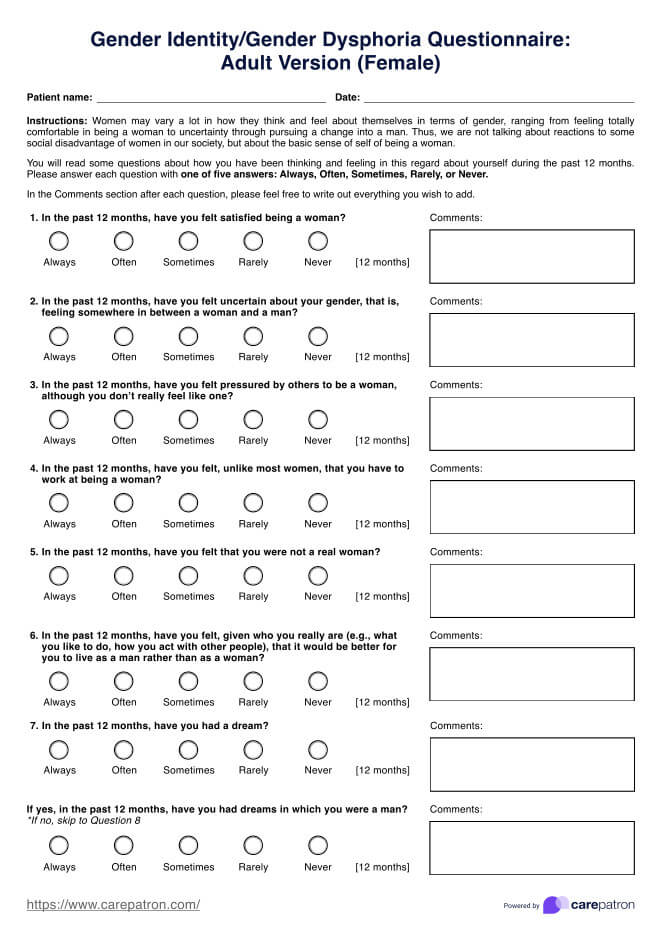










-template.jpg)














































































